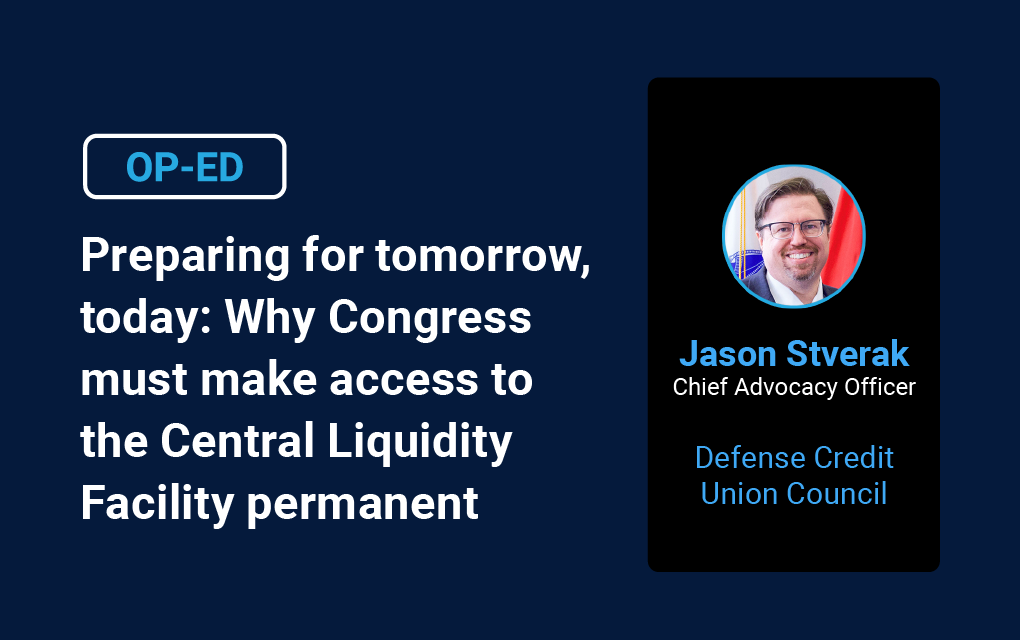The disturbing link between credit scores and Alzheimer’s Disease
Originally published on CUInsight.com
One of my team members told me about how her family was handling the effects of her mother’s Alzheimer’s diagnosis. One problem that surfaced was that her mother had handled the finances for the family her whole life, but she could no longer take this responsibility. As the symptoms increased, my colleague, her father, and her siblings had to get involved and take over those duties.
Alzheimer’s disease affects 1 in 9 individuals over the age of 65 and about 1 in 3 over the age of 85. Currently affecting nearly 7 million Americans, this number is expected to increase significantly in the coming years. Additionally, more than 11 million Americans provide unpaid care for a family member or friend living with Alzheimer’s or other forms of dementia.
An article published on July 16, 2024 on Money.com titled A Slipping Credit Score Is One of the First Signs of Alzheimer’s Disease drew my attention. The article explores a recent study by researchers at Georgetown University and the New York Federal Reserve that indicates financial decline often precedes noticeable Alzheimer’s Disease symptoms.
By analyzing credit-payment and Medicare-diagnosis data, the research finds that, “a slipping credit score in older adults is often one of the first observable symptoms of Alzheimer’s disease.”
While previous studies have noted that, “financial decision-making deficits are often the first functional changes attributable to early-stage cognitive impairment”, this study made some important links. For example:
Credit card balances in delinquency were 25% higher than usual five years before the person was diagnosed.
This increases to 31% higher two years before diagnosis.
It reaches 50% higher at one year pre-diagnosis.
On average, the study found a “deterioration in credit scores and a heightened probability of payment delinquency in the five years prior to an eventual diagnosis of Alzheimer’s disease and related disorders.”
At a time when these same members are more susceptible to financial fraud and abuse by others, the additional costs of a decline in credit score and delinquent payments can add up significantly. So, this leads me to ask a question. Obviously, we aren’t in the business of diagnosing medical conditions, but how can we use data to recognize early signs of financial decline? Here are a few suggestions:
Credit Score Migration
Take those credit score migration reports that we review and add a filter by age. Do we have members that for years have maintained above average credit scores and now are seeing a decline as they get older? This analysis will give us an idea of those individuals.
Delinquency Reports
Once again, these reports may show some of our older members that are beginning to “slip up” on their payments. Review the notes from our staff that contact these members to determine the reasons for missed payments. Are things tight because they are on a fixed income and inflation is high, or are they starting to forget to make payments?
Duplicate Payments
Conversely, members may have forgotten that they already made a payment and send in a duplicate. How are we handling these over-payments?
Other Transaction Data
We have all kinds of other transaction data that could indicate early warnings. Do we have members that visit the branch or call regularly to ask the same questions or complete the same transactions? Are they overdrawing their accounts regularly? Are they suddenly paying for fees they haven’t in the past?
The Georgetown/NY Federal Reserve research concluded, “Our findings substantiate the possible utility of credit reporting data for facilitating early identification of those at risk for memory disorders.”
Conclusion
I feel like credit unions can do better for our members as they age. As we analyze this data, we can then turn it into action by proactively reaching out to our members and their joint account owners. Start by asking questions and offer up suggestions to help them. As we see a decline in their financial capability, gently invite them to coordinate with loved ones to help look after their finances.
The earlier we can notice negative trends and reach out to our members, the better chance they have for a brighter financial future.
Disclaimer
The views, opinions, and perspectives expressed in articles and other content published on this website are those of the respective authors and do NOT necessarily reflect the views or official policies of Tyfone and affiliates. While we strive to provide a platform for open dialogue and a range of perspectives, we do NOT endorse or subscribe to any specific viewpoints presented by individual contributors. Readers are encouraged to consider these viewpoints as personal opinions and conduct their own research when forming conclusions. We welcome a rich exchange of ideas and invite op-ed contributions that foster thoughtful discussion.









